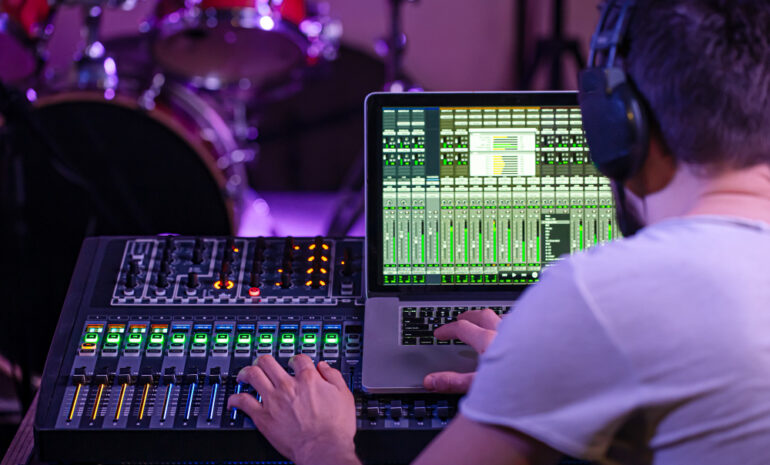Film music is a universal language that transcends borders, cultures, and languages. It has the power to evoke emotions, tell stories, and transport audiences to different worlds. In recent years, there has been a growing recognition of the importance of incorporating cultural diversity in film scores. This blog will delve into the significance of cultural diversity in film music and how composers around the world are embracing their unique heritage to create unforgettable cinematic experiences.
The Cultural Tapestry of Film Music:
Film scores serve as a cultural bridge, introducing audiences to the rich musical traditions of different societies. By incorporating elements from various cultures, composers enrich the storytelling experience, offering viewers a deeper connection to the narrative.
Authenticity and Representation:
Embracing cultural diversity in film music allows for more authentic representations of settings and characters. When a film’s music accurately reflects the cultural context, it enhances the overall believability and immersion of the story.
Fusion of Traditional and Contemporary:
Many modern film scores blend traditional instruments and melodies with contemporary compositions. This fusion not only creates a unique sonic palette but also showcases the evolution and adaptation of cultural music in a globalized world.
Global Collaborations in Film Scoring:
The film industry has become increasingly global, with directors and composers from different parts of the world coming together to create cinematic masterpieces. This diversity of perspectives brings a richness to film music that transcends cultural boundaries.
Celebrating Diversity in Storytelling:
Films are powerful mediums for exploring diverse narratives and perspectives. The music accompanying these stories can act as a cultural ambassador, allowing audiences to connect with characters and settings they may have never encountered otherwise.
Incorporating Folklore and Mythology:
Many cultures have deep-rooted folklore and mythology that are integral to their identity. Film composers draw inspiration from these narratives, infusing their scores with the essence of these cultural treasures.
Preserving Cultural Heritage:
Film music provides a platform for preserving and revitalizing traditional musical forms. By featuring indigenous instruments and melodies, composers contribute to the preservation of cultural heritage for future generations.
Breaking Stereotypes through Music:
Film scores have the power to challenge stereotypes and preconceived notions about different cultures. By presenting a nuanced and authentic musical portrayal, composers can foster a greater understanding and appreciation for diverse societies.
Enhancing Emotional Resonance:
Cultural diversity in film music allows for a broader emotional range. Different musical traditions have unique ways of expressing joy, sorrow, love, and triumph. Incorporating these elements enhances the emotional impact of a film.
Inspiring Cross-Cultural Dialogue:
Film music serves as a catalyst for cross-cultural dialogue and exchange. It encourages audiences to explore and appreciate the beauty of diverse musical traditions, fostering a sense of unity and mutual respect.
The embrace of cultural diversity in film music is a testament to the power of art to transcend boundaries. As composers draw inspiration from their cultural roots and collaborate across borders, they create scores that resonate with audiences on a profound level. This global perspective enriches the world of film, offering viewers a richer, more immersive cinematic experience. By celebrating cultural diversity in film music, we not only honor the tapestry of human heritage but also pave the way for a more inclusive and interconnected world of storytelling.


